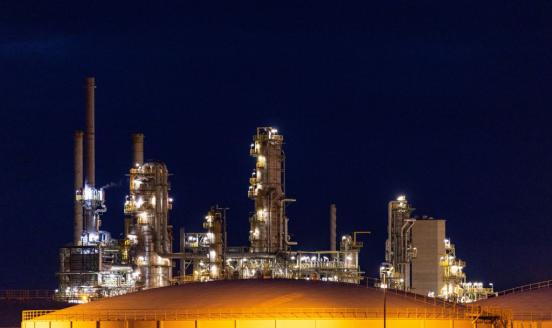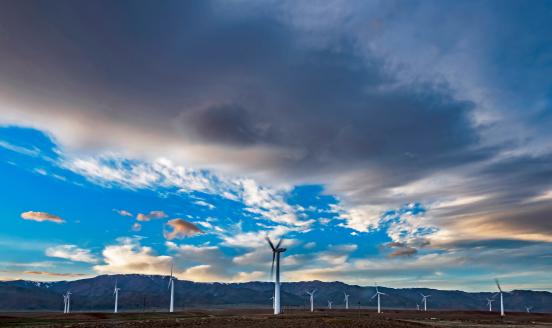Europe needs an energy ‘situation room’!
Gazprom's threat to cut gas exports to Ukraine in early June could result in the largest European gas supply pipeline running dry. And as long as the
Gazprom's threat to cut gas exports to Ukraine in early June could result in the largest European gas supply pipeline running dry. And as long as the Ukrainian political crisis remains unresolved, there even is a risk that the Russian-European gas trade might come to a complete stop for an indefinite period. Although this second possibility would leave Europe with a shortfall of almost 30 percent of its consumption, situation management in Europe so far has barely moved beyond business-as-usual pledges to carry out in-depth studies and public consultations. But the situation is dangerous and Europe needs to act more decisively for three reasons:
First, gas dependency is depicted as Europe’s biggest Achilles’ heel in the current crisis. Yet, we know little about how vulnerable Europe actually is and wrong foreign policy choices might therefore be made. Second, in optimistic scenarios, alternative imports, domestic production, fuel switching and demand reduction could substitute for Russian gas. However, this would require a major collaborative push to utilise infrastructures in all EU countries. The European market is currently unable to deliver efficient usage because there are no transparent market signals indicating where underused capacity is available. And national technical rules do not help. Just one example: French natural gas is odorized (made to smell) and consequently does not meet the standards for German pipelines – making it currently illegal to bring gas from Spanish liquefied natural gas (LNG) terminals to Poland via French and German pipelines. Without effective European coordination, Europe might be able to find enough gas, but cannot make it available where it is really needed. Third, wait-and-see is no option because the winter is approaching. Gas needs to be in the right places (e.g. West-Ukrainian storage facilities), rationing plans need to be coordinated (e.g., gas-fired power plants in different countries) and unusual infrastructure usage profiles (West-East flows) must be tested before winter comes.
A full European emergency plan is needed. For this, member states' governments should grant a ‘situation-room’ with the extraordinary authorisation to do 'all it takes' to prepare for an imminent supply crisis. To manage massive amounts of sensitive data in a short time it needs to be well-staffed and isolated. The situation-room should be given access to energy companies’ contracts, models and real-time data in order to understand which gas flows are to be expected. EU governments should instruct their officials and regulators to quickly reply to the situation-room’s questions. To facilitate full cooperation, such authority should be granted for only a very limited period, and there should be a guarantee that all information made available to the situation-room will never be used for any other purpose (such as competition policy). The situation-room will also need operational powers. It must be allowed – when deemed necessary – to intervene in the operation of energy infrastructure such as gas storage facilities (some owned by Gazprom) or pipelines. This includes coordinating the use of import infrastructure – one example could be optimising the schedules of LNG tankers arriving at European LNG terminals; another could be ensuring that West Ukrainian gas storage tanks are filled in summer and used in winter for supplying central-eastern Europe. Furthermore, the situation-room will need the right to allocate the costs of the measures in order to avoid endless legal battles between the parties afterwards.
To us the European Commission appears best placed to organise such a situation-room for two reasons. First, its services have the necessary technical and legal expertise – or do at least know from which relevant stakeholders they can quickly get it. And second, as 'Guardian of the Treaty' one can argue that it is the European Commission’s task to ensure 'mutual assistance and solidarity' (Art. 222).
Given that Europe needs to act quickly to ensure stable energy supplies in winter we cannot wait – as currently scheduled – for the October European Council to come up with the answers. Already at their summit in May, European leaders should give Brussels the means to get its act together.



